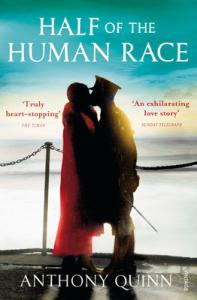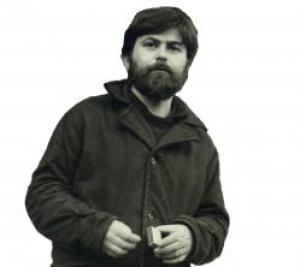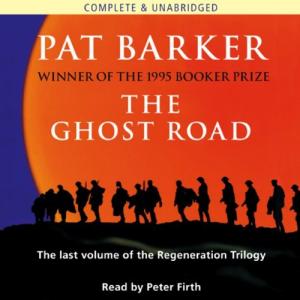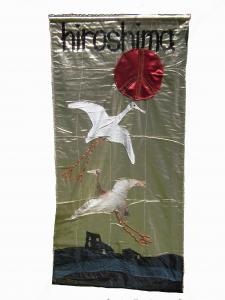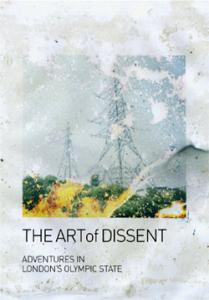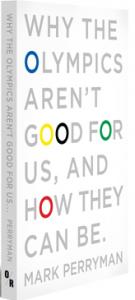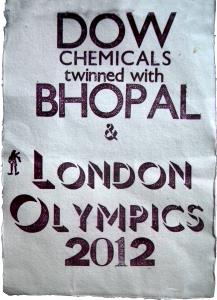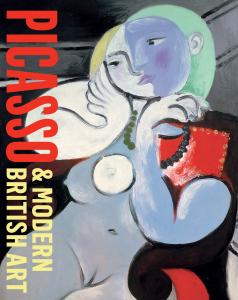On paper this book should have a lot to offer PN readers. It begins in 1911 with the introduction of Connie Calloway, a fledgling suffragette, to Will Maitland, a cricketer, and traces their relationship through her increasing involvement in politics and his eventual path to war. This is a fascinating historical period, and a fictional account of a young woman moving from talk to action, whilst drawn to a man who despises her values, should have engaged and involved me.
…


